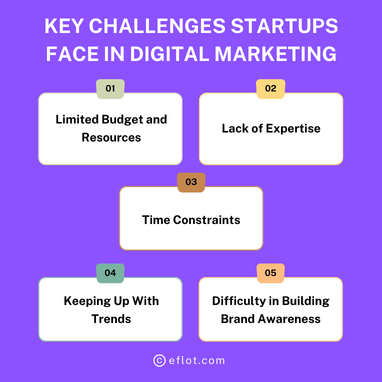Back
Harsh Dwivedi
•
Medial • 1y
Koo's founder on :- Why do so few startups succeed? Startups are tough and most fail. Very few make it. But why? Because they need many things to come together for them to become successful. Startups are trying to do in 2 years what regular businesses achieve in 10+ years. Why the hurry? Because if you don’t achieve it in that much time, anyone could have done it, including larger companies, and there’s no need for your existence. Startups are about doing what larger companies can’t. That’s how you find your place under the sun. And the only thing that matters is speed. Which means that you turn the pyramid upside down in sequence and start building assets at a rapid pace. That needs substantial investments to be made upfront. Traditional business folks who talk about startup profitability and compare startups to corporations don’t understand this game well enough. It’s a shot at achieving the impossible for unimaginable returns and doing this in record time. Anyone could have built Uber in 10-20 years. Can you do it in 3? That’s what matters. 1. Startups need many things to come together for them to succeed. The right market, product, team, founders, investors, execution, pricing, adoption, virality and 50+ such variables. 2. It’s a lot of skill, luck and getting every piece of your plan and execution right. 3. You need to get it right within the right amount of time. Else someone else will out execute you. 4. It’s very difficult to build a great team that can strategize and execute to a win. It needs a very different kind of person to work the amount that a startup needs. It’s like running multiple companies at the same time. 5. There are 100+ risks in running startups. Founder risk, market risk, tech risk, product risk, IP risk, competition risk, security risks, policy risks etc. I can go on. You have to keep reducing risks at every stage of the startup, making it even more attractive for it to attract funds. It takes time to eliminate each risk. It takes a mix of serendipity and skill to find the right formula. 6. Startups are usually built in gaps. These are gaps that were left out by larger companies because they were small markets at the time but have the possibility to become large in the future. That’s the gap most startups will play in and hope that the market adopts their solution as the new way of doing things. Airbnb is a very good example of this. These gaps exist for a small period and those that build around it have a good chance of making it if larger companies sleep on the opportunity long enough. 7. Startups are also usually tech in nature. This landscape is changing rapidly. Faster than we’d like. New tech renders a lot of older habits and products irrelevant. Your startup needs to stand the test of time. Very few are able to adapt and morph their solution to these changes. 8. Your job as a founder is to take an extremely difficult and ambiguous idea and convert it into a stable and predictable ship. That’s like getting 100 things right and it needs just 2-3 things to kill the startup. Nobody will clap for the 97 things you got right as much as they’ll remember the 3 you got wrong.
Replies (9)
More like this
Recommendations from Medial
Dhiraj Karalkar
•
PremitiveKey • 11m
The game has changed! There was a time when investors used to take big risks on just an idea. They believed in the vision, backed early-stage startups, and took chances. But today? Things are different. Investors have become more cautious. They wan
See MoreBasavaraj k Chikki
Entrepreneur, roboti... • 10m
Why Taking Calculated Risks is Essential for Startup Success Risk is the shadow every startup founder faces. It’s daunting, yet it fuels the thrill—and the potential rewards—of entrepreneurship. The trick isn’t avoiding risk; it’s mastering calculat
See MoreVasvi Seth
Cyber Security Stude... • 1y
💼 Understanding Risks in Cybersecurity 💼 Risks are the backbone of cybersecurity strategy – they're what we guard against, mitigate, and manage every day. But what exactly is a risk? 🔒 A risk is anything that can affect the confidentiality, inte
See MoreRadhemohan Pal
Let's connect to wor... • 1y
Part 2 Talent Acquisition: Attracting and retaining skilled talent is a significant challenge. Many startups struggle to compete with larger companies offering better compensation and job security. Mentorship and Guidance: There is often a lack of e
See MoreAnugrah
Exceptional 1 : Foun... • 10m
Brain Breaking Thoughts DAY-6! What’s the biggest risk you can take in your 20s? 🌱 Is it betting on yourself with a big leap, or playing it safe and sticking to what you know? Some say taking big risks early is the only way to grow fast, while othe
See MoreDownload the medial app to read full posts, comements and news.























/entrackr/media/post_attachments/wp-content/uploads/2021/08/Accel-1.jpg)


















